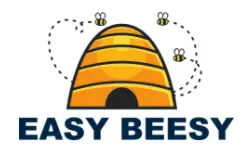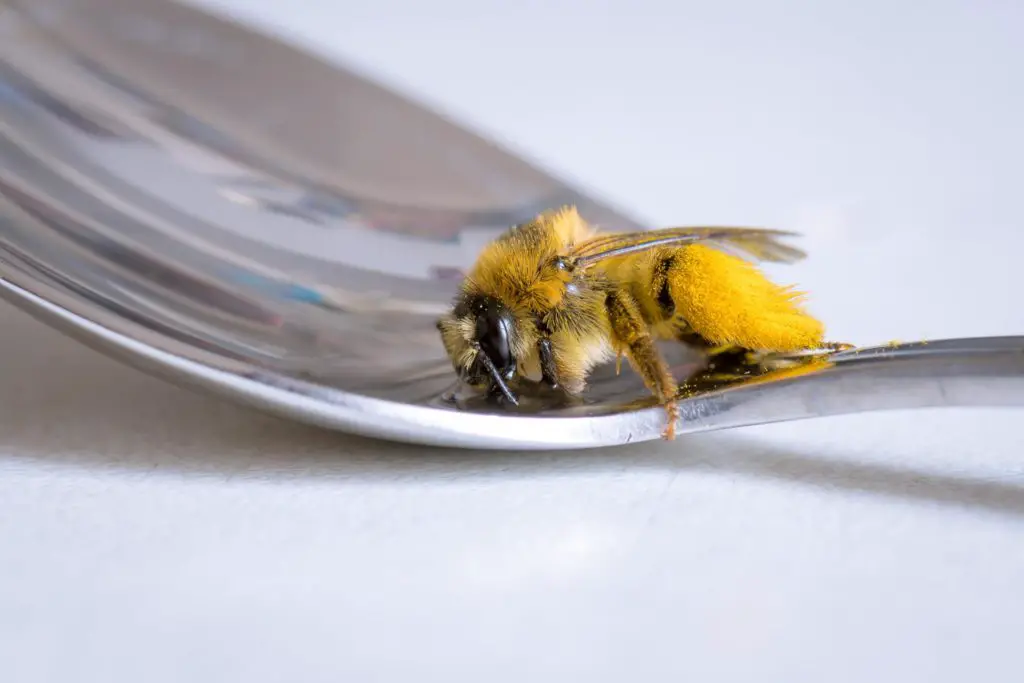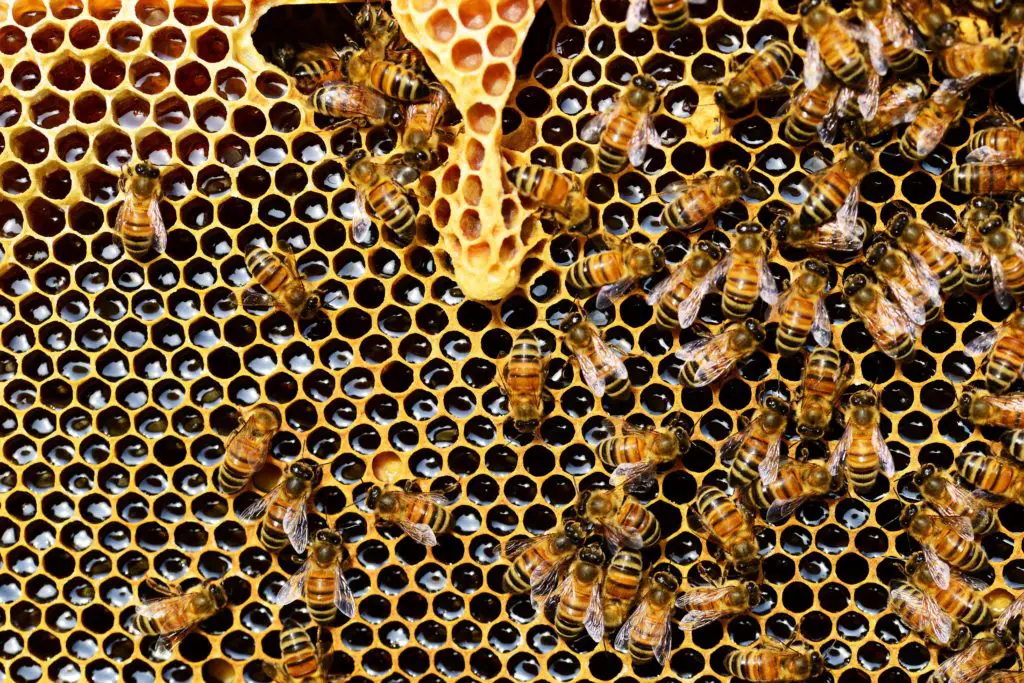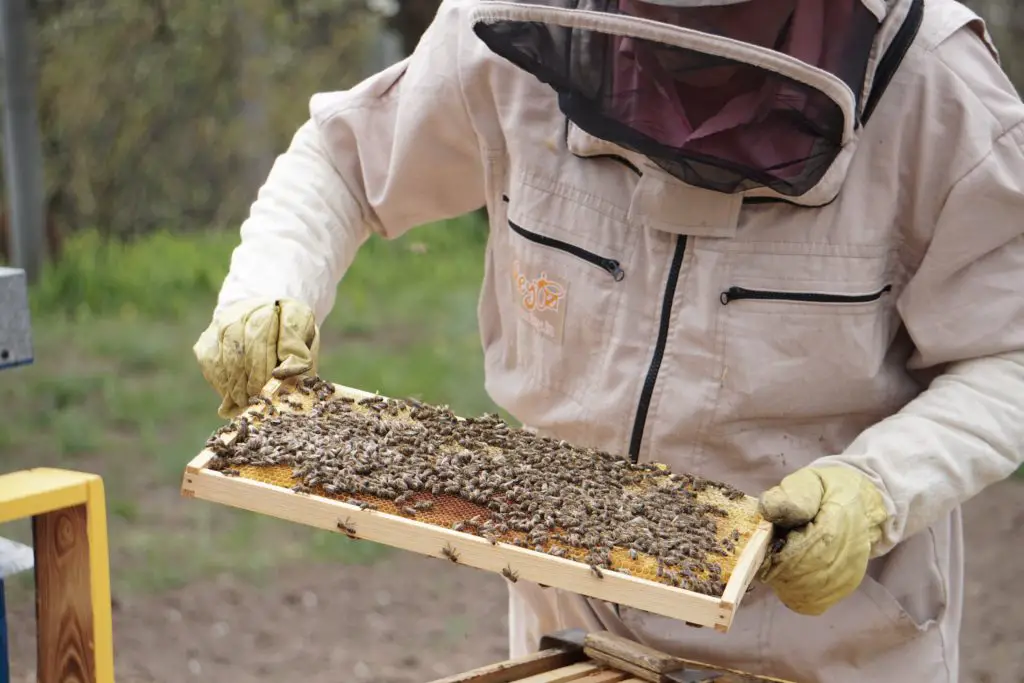Affiliate Disclaimer - As an Amazon Associate I earn from qualifying purchases.
It supports the website. So, Thank you
For the most part, your bees will take care of themselves when it comes to feeding. But as a responsible beekeeper, you will need to supply them with food in some situations. For example, if there has been a particularly wet summer and long winter, the bees may not have as easy access to honey due to low reserves.
In this case, one of the best things you can offer is sugar as this is closest to the nutritional value they get from honey. But since there are so many different types of sugar, it can be confusing as to what to offer. A lot of people wonder Can Bees Have Brown Sugar? While it might seem like a good option, it may surprise you to learn that it isn’t.
Due to the added molasses in brown sugar, it is unsuitable for bees. In fact, brown sugar has been known to cause dysentery in bees and should always be avoided. The best option for your colony is plain white sugar.
In this guide, we will be explaining why it’s so important to avoid brown sugar and giving you some advice on other types of sugar and what is best for your bees.
Table of Contents
Can You Use Brown Sugar For Bees?
Brown sugar is not a good food source for bees and should always be avoided. This is because of the way it is made; taking refined white sugar and putting molasses back into the mix. It is the molasses that contain solids which aren’t good for the bees.
Ash content is a problem and you need this to be as low as possible. Take regular honey as an example; this would normally have an ash content no higher than 0.17%. On the other hand, brown sugar might have an ash content as high as 9% and even at the lower end of things, you would still expect around 5% ash content.
Generally speaking, you will want to look at the color of the product. The darker it is, the more solids it will contain and this is what can lead to honey bee dysentery and ultimately, death.
Types Of Sugar And Their Suitability For Bees
Go to your local market or grocery store and you will be confronted with a whole host of options when it comes to sugar. For humans, this is great as it certainly gives us choice but you can’t just feed any of these sugars to bees. One of the most important things you can learn as a beginner beekeeper is the right types of food for your colony.
- Granulated white sugar is as close to nectar as you are going to get. This is because they are both mainly sucrose. There are some traces of other minerals and things like glucose and fructose, as well. Since white sugar is as close to nature as it gets, this is the most suitable choice for bee food.
- Beet or cane sugar are also forms of sucrose and so can also be used to feed bees.
- Organic sugar is OK for bees but we wouldn’t recommend it as a first choice. This is largely down to the ash content which is around 0.20%. Yes, it’s nowhere near as high as brown sugar but it’s certainly higher than something like cane sugar which has an ash content of just 0.03%.
- Evaporated cane juice is very high in nutrients; even more so than white sugar. This makes some beekeepers fall into the false belief that it’s good for the bees but since there are so many nutrients, this can also cause bee dysentery and should be avoided.
- Some people prefer to use sugar cubes as opposed to loose sugar. Provided they are made from pure granulated sugar, they are perfectly fine for your bees.
- Drivert sugar contains as much as 8% invert sugar which is essentially a blend of fructose and glucose created when sucrose is heated with water. So since it is only 92% pure sugar, it should be used for feeding bees.
- Confectioner’s sugar contains as much as 3% cornstarch which is not suitable for bees and therefore should not be used as a food source.
- Turbinado sugar is a type of brown sugar and due to the presence of molasses should not be used as bee food.
- Another type of brown sugar is demerara sugar which again contains molasses so should be avoided.
- While raw sugar does contain some molasses, the content is not typically high enough to have a negative impact on the health of the bees. For this reason, we would consider it safe. That said, it shouldn’t be the first choice as white sugar is still nutritionally more beneficial and less expensive.
- Coconut sugar is a type of sap sugar and it only contains 80% sucrose so it isn’t very close to nectar and shouldn’t be given to bees.
- Artificial sweeteners such as Splenda and Sweet’n’Low should never be given to bees. This is because they contain chemicals that will cause health problems and even death in bees.
Conclusion
Bees may sometimes need a little help when it comes to feeding if their honey reserves won’t see them through the winter. Beekeepers can offer sugar as a simple yet incredibly effective form of food. You might have lots of different types of sugar in the home and may be wondering can bees have brown sugar?
Brown sugar is not suitable for bees since it contains molasses which are solid and cannot be digested by the bees. The result could be honey bee dysentery which is devastating for the colony.




